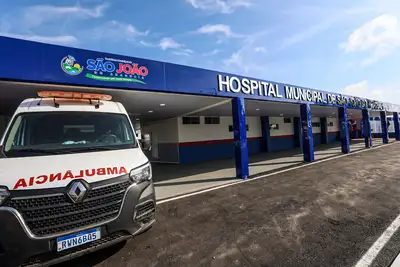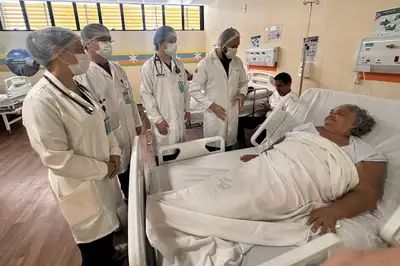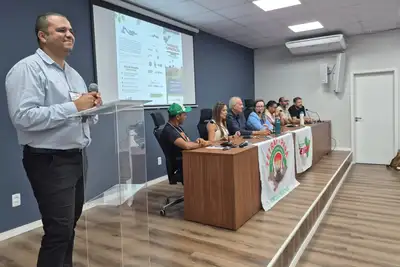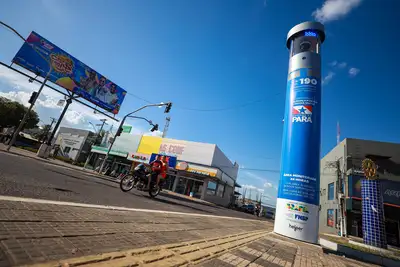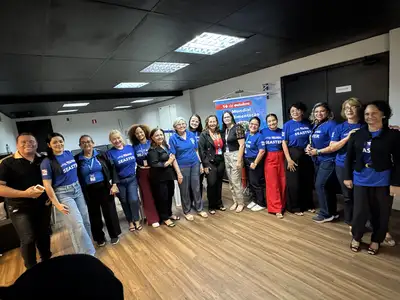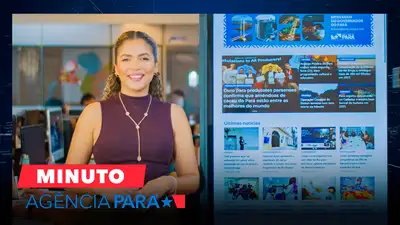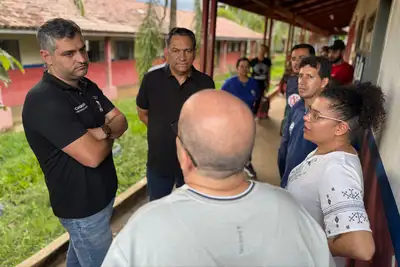Seduc mobilizes state network for participation in the 'Guardians of Nature' campaign; learn how to register your school
The initiative favors student protagonism, stimulates and encourages the development of sustainable and innovative projects in public state schools
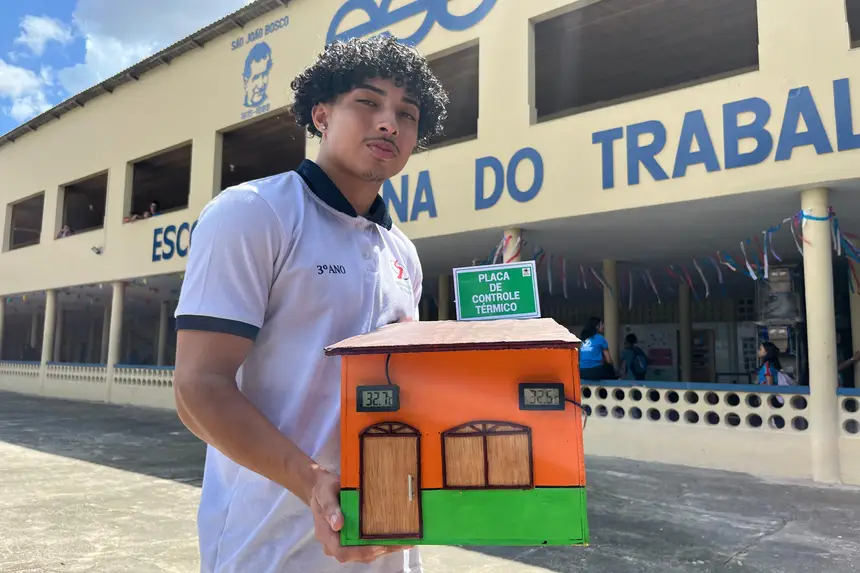
To support and promote innovative educational actions that favor student protagonism and encourage them to actively act in the face of environmental challenges, the State Department of Education of Pará (Seduc), in partnership with the Brazilian Network of Creative Learning (RBAC), is mobilizing schools in the network to participate in the "Guardians of Nature" campaign.
The main objective of the initiative is to inspire educators to adopt innovative and transformative practices in their teaching methodologies, promoting the exchange of experiences and continuous improvement. The campaign also seeks to connect people and educational initiatives, creating a collaborative network that strengthens the educational movement and stimulates practical experience, through publication on the bulletin board, allowing participants to share results and concrete experiences.
“We are encouraging schools to increasingly engage in projects related to environmental education. The Environmental Policy in Pará goes beyond the creation of the Environmental Education component, which has reached state schools; it brings with it a broad set of themes that aim to promote a critical, climatic, and, above all, transformative environmental education. We are inviting schools and educators to publicize their projects, initiatives developed, whether it is an environmental education action or a medium to long-term project, to be part of the Guardians of Nature campaign, which prioritizes publicizing these actions and making them visible at the local and national level,” says the Environmental Education Coordinator (Ceam) of Seduc, Mauro Tavares.
Since the first semester of 2024, the State Department of Education of Pará (Seduc) has offered the Environmental Education component at all stages of education in the state network, mandatorily. This component can be adopted by municipalities, based on the Environmental Education, Sustainability, and Climate Policy.
The environmental content makes Pará a pioneer in guaranteeing a mandatory curricular component of sustainability, encouraging the participation and engagement of students in discussions about fundamental agendas for Pará, whose capital, Belém, will host the United Nations Conference on Climate Change (COP 30) in November 2025.
Innovation and sustainability - Focusing on sustainability, innovation, and Amazonian regionality, students from the Salesian State School of Work, in the Pedreira neighborhood of Belém, developed the project “Thermal control plates made from açaí seeds: regional identity and sustainability.” The work is one of those registered in the Guardians of Nature campaign and aims to propose sustainable solutions to improve the school environment of public schools in the network, as well as reduce energy consumption, as explained by the guiding teacher, Maurício Barata.
“The idea came from bioethics, where we see how animals solve their problems, and we noticed that termites and ants use plates made from plant waste to protect themselves from heat, and since our school faces this in some classrooms, the project emerged, and we are developing several compounds to serve as a binder, conducting tests and checking their effectiveness. The açaí seed is the main material, and we have also been working with bioplastic, which we made from cassava starch, corn starch as well, which we checked to see which is better between the two, and currently, it is corn, which can bind better,” he shared.
The goal is for the açaí seed panels to be used for wall coverings, ceilings, and the construction of modular classrooms to ensure thermal insulation. They can be used to build new classrooms at low cost and easy removal or adaptation, promoting awareness and, consequently, the use of renewable technologies to improve the quality of education.
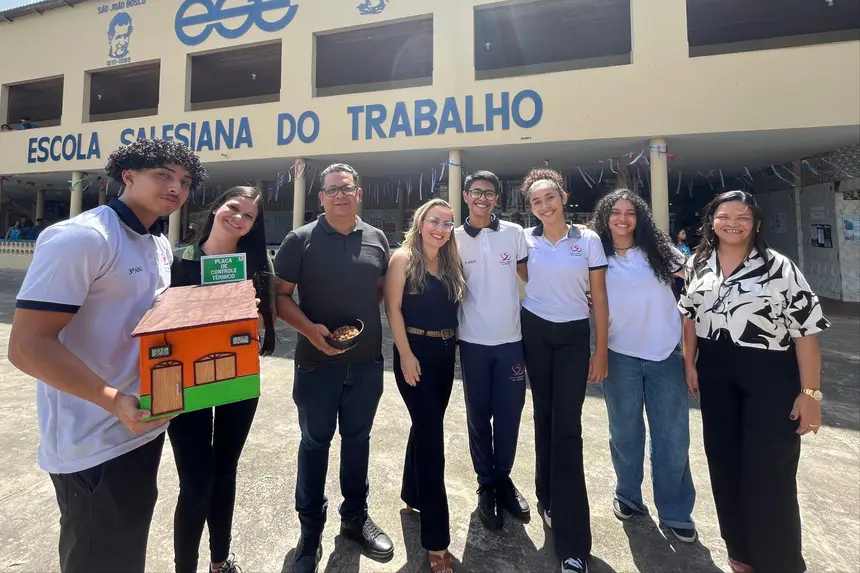
Student Emilly Souza, from the 3rd year of high school, states that the experience was new and enriching. “The experience of participating in the project was different because I had never participated in any environmental education project. It was something very new and interesting because we have a different view of how things work, since with the project we can understand that we can do many things, greatly improve the situation with products we have here, with things we find on the street, reducing waste on the streets and helping the environment and helping us with temperature issues, since the city is very hot and very humid, which makes it very difficult for students to learn in this region and also for teachers to teach,” she shared.
For the unit manager, Joelma Dias, the school's participation in the Guardians of Nature campaign is fundamental because it encourages student participation and engages the school community. “This project has positively stimulated our school, and this school has a very significant importance in the neighborhood, especially because we have a large number of students, over 1,200. With this, the other teachers, who are from the Environmental Education component, are encouraged to produce, work with new projects that we have,” she stated.
How to participate - To participate in the Guardians of Nature campaign, schools must register their Environmental Education projects on the website of the Brazilian Network of Creative Learning (RBAC), available here, register as a member, and then register the project.



